UK teachers, nurses set to stage more strikes, amid sweeping wave of industrial actions
Britain's largest teaching and nursing unions have announced major strikes again amid the government's efforts to limit the British workforce's ability to stage industrial action.
On Monday, the National Education Union (NEU) said its members were to walk out from February 1, adding that the industrial action was prompted by the government's refusal to increase pay amid a double-digit inflation.
The union added that the first walkout would be staged on Feb. 1, when 100,000 public sector workers are due to strike in what could become Britain's biggest
day of coordinated industrial action for decades.
In all, 23,400 schools in England and Wales will be impacted by the school strikes. Teachers in Scotland have already held strikes, which have closed many schools.
Meanwhile, nurses in England, Wales, and Northern Ireland are also due to resume strikes over Wednesday and Thursday. Thousands of the nurses staged their biggest-ever strike action in the profession's 106-year-old history on December 15 and 20 after the Royal College of Nursing (RCN) announced that the government had refused to meet its demands for salary hikes of five percent above the inflation.
The RCN said on Monday that "if political inaction continues" on the part of the government, it would follow this with further strikes on February 6 and 7, "in our most intense protest against unfair pay and unsafe staffing yet."
Later this week, the country's paramedics and ambulance workers are also set to decide on further strike action, heaping pressure on the state-run National Health Service (NHS).
Earlier this month, the UK government introduced proposals to make "minimum safety levels" compulsory during strikes, prompting angry unions to accuse ministers of "criminalizing" industrial action.
Upon ratification, the new law will require minimum levels of service during walkouts by various workers, including healthcare staff, firefighters, and railway employees "to ensure that vital public services will have to maintain a basic function."
Business minister, Grant Shapps, told MPs during a second reading evening that the bill was needed because "we have seen in recent months a flare-up of strikes that are putting people's lives and livelihoods at risk." MPs from the opposition Labour Party spoke against the bill.
Separately on Monday, hundreds of firefighters and rail workers protested in front of 10 Downing Street in central London against the bill. Slogans included, "The right to strike is the right to hope."
"They want to stop all protest, it feels like," Liz James, a housing cooperative representative of Unison, a trade union that mainly represents public service workers, told AFP, adding, "The only thing, as a worker, we have our right to is to withhold our labor."
"We've all been affected by draconian strike laws since the 1980s. This is a different attack on a different group of workers, but you're foolish to think that you're not the next ones in line," said Paul Fleming, general secretary of acting union, Equity.
British Prime Minister Rishi Sunak’s government has proposed an amendment to the anti-protest bill, asking lawmakers to give more powers to the police to clamp down on protest rallies.
Through the amendment tabled to the Public Order Bill, the UK government is set to announce a series of security measures to enable the police to deal with protests before they even happen, thus tightening the government’s grip.
Israeli forces demolish UNRWA buildings in occupied East al-Quds
Trump lashes out at allies over Greenland, shares private texts online
Iran’s Armed Forces will cut off any 'hand of aggression' against Leader: Spokesman
VIDEO | Foreign hands, failed chaos
Russia’s Lavrov condemns Western plots for ‘regime change’ in Iran
‘No natural uprising’: Prominent global voices on US-Israeli role in engineering Iran riots
Trump threatens 200% wine tariffs on France to push Macron to join Gaza board
Yemen’s Saudi-backed PLC slams UAE for running secret prisons; Abu Dhabi denies


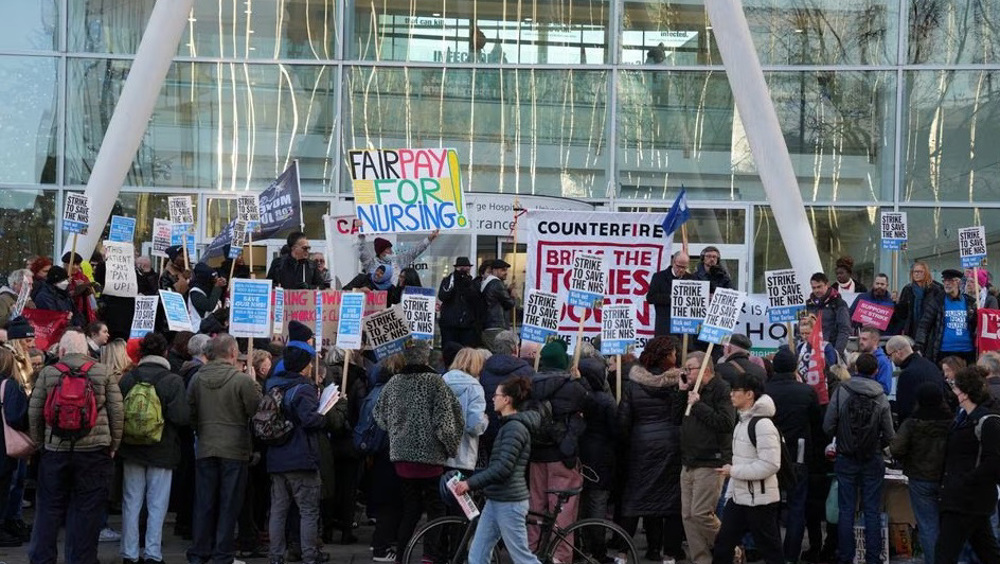
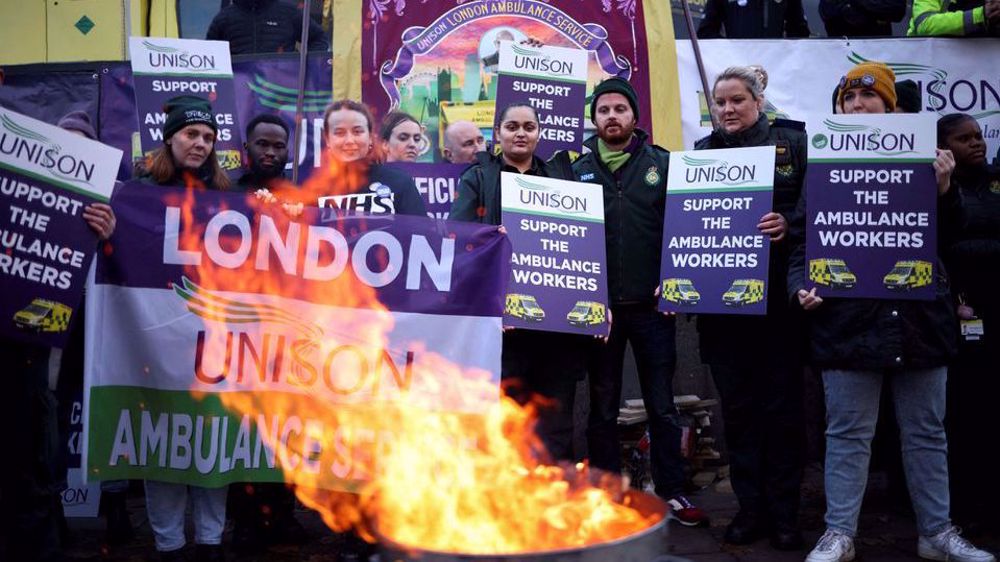
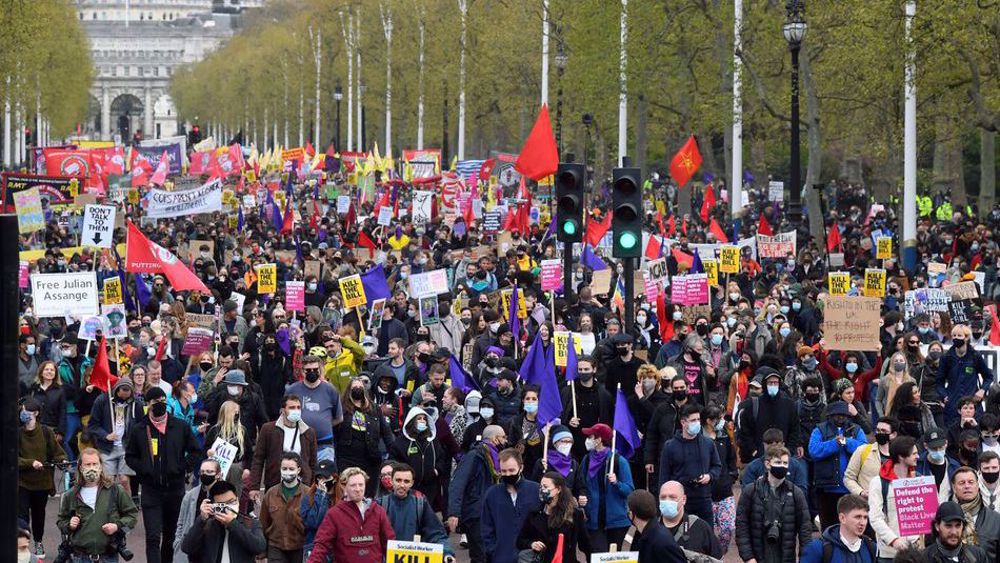
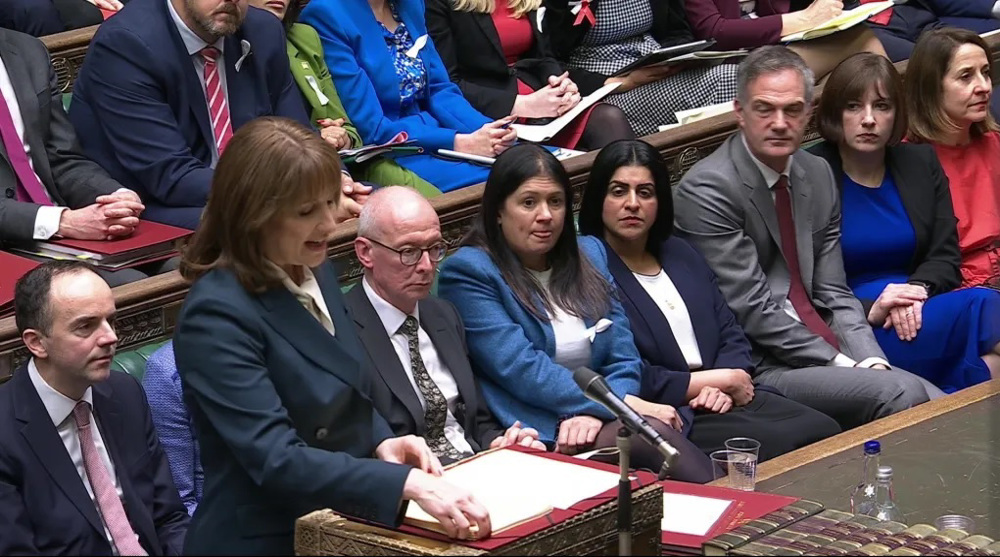





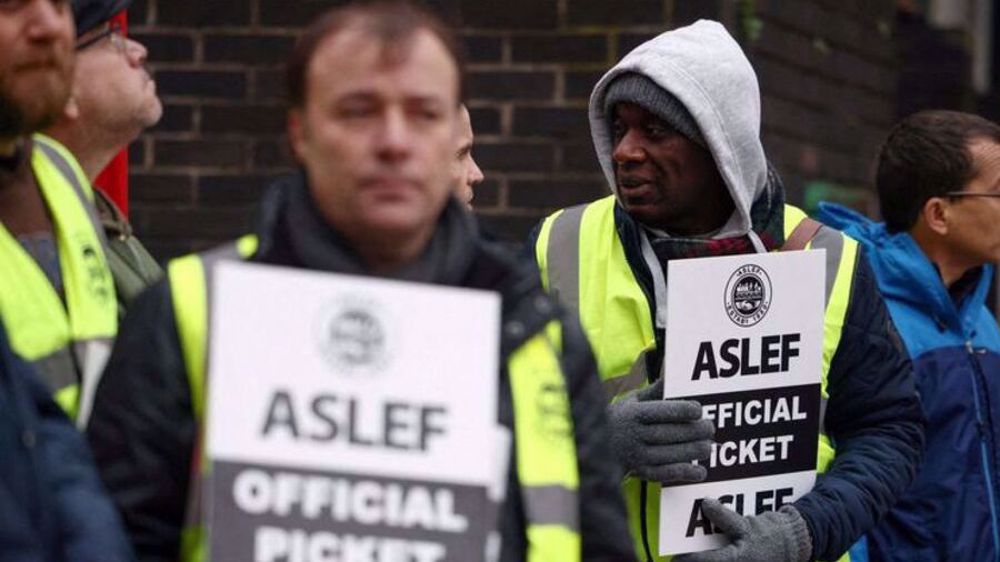
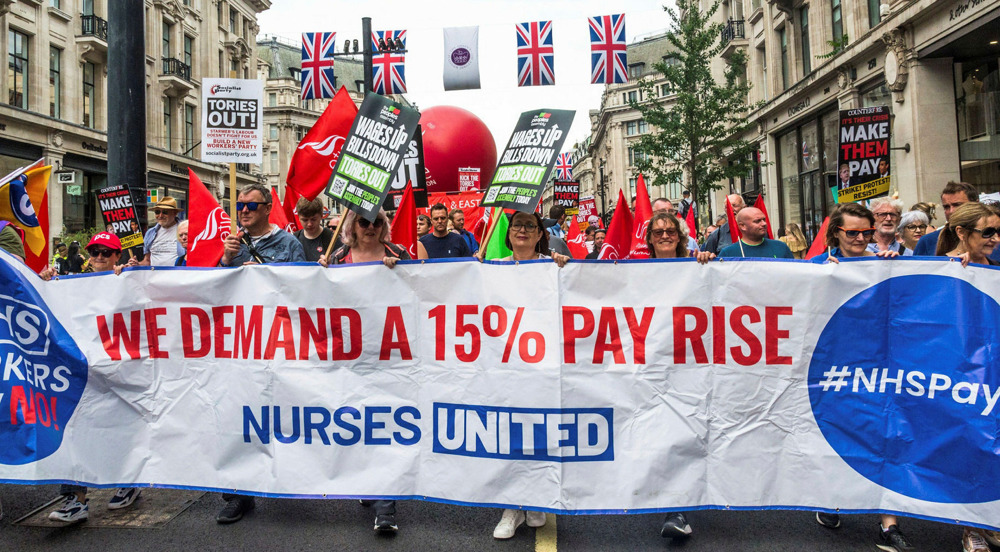
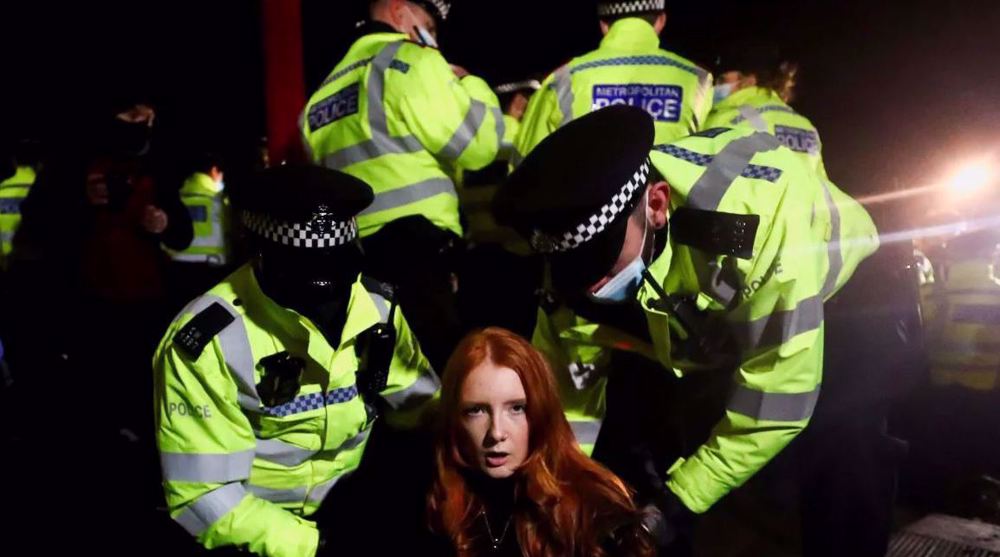

 This makes it easy to access the Press TV website
This makes it easy to access the Press TV website